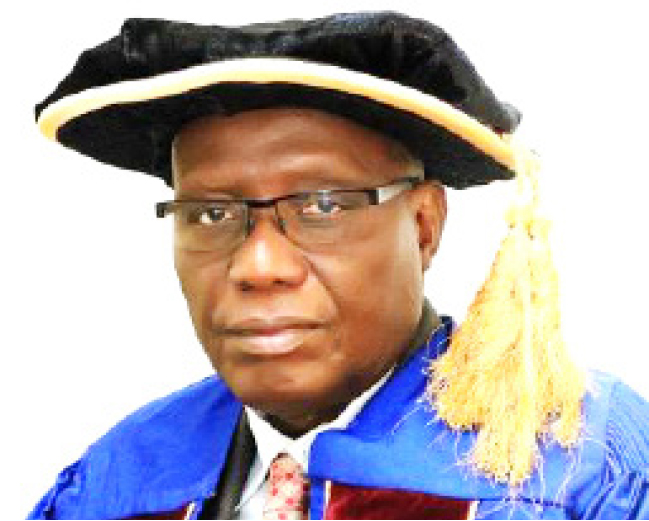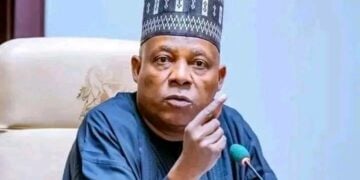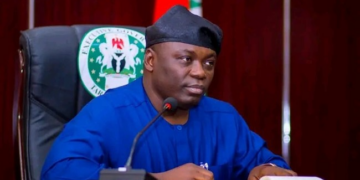The Vice Chancellor of the National Open University of Nigeria (NOUN), Prof. Olufemi Peters, alongside other educational leaders, have called for an enhanced media literacy education in communities, schools, and homes.
The move, according to them will equip students and community members with the skills necessary to navigate the complex media landscape, discern credible information from misinformation, and make informed decisions in an increasingly digital world.
They spoke in Abuja on Tuesday, during a one-day public lecture, organised by International Media and Information Literacy Institute (IMILI) in collaboration with Federal Ministry of Information and Media and Information Literacy and Intercultural Dialogue Foundation (MILID) at NOUN headquarters.
The theme of the lecture is “Cultivating Media Literacy Society: A Value-driven Approach To Addressing Mis/disinformation Among The Youth.”
Speaking, Peters who was represented by Dr. Gregory Okagbare said the rapid spread of misinformation, disinformation, and fake news poses significant challenges to our understanding of the world and can influence public opinion, societal norms, and even political outcomes.
“By fostering a media-literate society, we can ensure that individuals are better equipped to navigate the complexities of the modern media landscape, make informed decisions, and contribute positively to public discourse. Let us all be committed to promoting media literacy in our communities, schools, and homes.”
The guest lecturer, Dr.Chido Onumah also emphasised the need to keep educating people on the topic as misinformation keeps spreading rapidly.
“The government should promote fact-checking initiative to mitigate the effect of fake news. It is also important that a multifaceted approaches are applied and collaboration with schools and tech companies, media houses and so on for us to have more informed society and safeguard our society,” he said.
In her presentation, Prof. Chidinma H. Onwubere lamented that despite increasing Internet penetration in Nigeria there is still a significant gender gap in digital access.
According to her, enhancing Media And Information Literacy (MIL) among women can empower them to participate fully in the digital economy and protect them from online threats, engage them in e-commerce and access to educational resources.
She further urged the government to enact policies that promote digital inclusion such as subsidising internet access and expanding digital infrastructure in underserved areas, while strengthening legal framework to protect women from cybercrime.
We’ve got the edge. Get real-time reports, breaking scoops, and exclusive angles delivered straight to your phone. Don’t settle for stale news. Join LEADERSHIP NEWS on WhatsApp for 24/7 updates →
Join Our WhatsApp Channel










